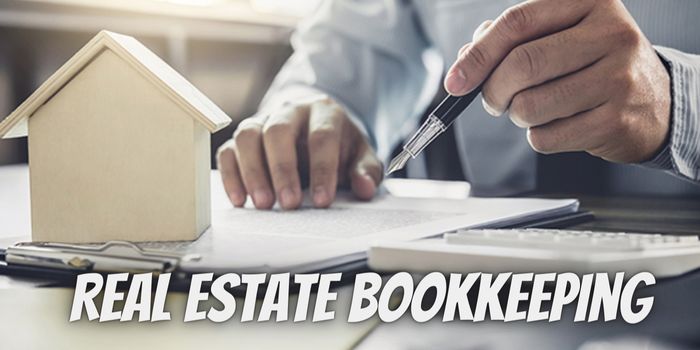As nightly newscasts update Americans on the status of the COVID-19 vaccine rollouts, one has to wonder what the vaccine means for the state of life in 2021. Millions of Americans will be called back from remote work – or made permanently remote employees – and the pandemic’s impact on the economy will become more evident. So, what does a vaccine mean for the real estate market? Let’s take a look.
Real estate during the pandemic
Against all odds, the real estate market rebounded after months-long shutdowns and skyrocketed as low-interest rates continued to fuel buyers in 2020. HomeLight, a leading real estate referral agency, surveyed more than 1,000 top agents across the country to compile top agent insights. The effects of a banner year are evident in the fact that 81 percent of agents are optimistic about the market in the coming year, and 92 percent say that it’s still a seller’s market – and will likely continue into the new year.
Perhaps the first question that comes to mind is how the real estate market will fare once the COVID-19 vaccine is widely distributed.
Will the market cool off?
One of the areas you can expect to see the COVID-19 vaccine impact is in the market’s strength. With the effects of the vaccine not expected to affect real estate in the first half of the year, you can expect the market to remain strong for as long. We’ll likely see more inventory hit the market as last year’s would-be sellers become confident enough to list their homes with the vaccine in circulation. Interest rates are also expected to remain low in the first half of the year but will likely begin rising as the economy rebounds in the latter half of 2021.
Inventory will continue to affect the real estate market, with 20 percent of agents saying that a lack of inventory will be one of the largest factors influencing the market in 2021. We can also expect to see home prices remain steady because of continued high demand, but we likely won’t see increases like last year.
Will people return to the cities en masse?
Widespread vaccine distribution is expected to bring people back to major cities, where they’ll be met with lower prices. Indeed, cities were hit hard last year as quarantine and telework lead to a mass exodus. While families aren’t expected to return – we’ll get to that in a moment – younger professionals who’d previously been priced out of the metro markets are expected to return and purchase at these lower price points.
On-the-other-hand, families will remain in the suburbs, with more expected to relocate as companies make positions permanently remote. Once vaccinations reach wide distribution, many companies will have a slow transition back into offices and will likely allow employees to split their workdays between home and the office. In this sense, a long commute is more comfortable when it’s only two days a week versus five.
In addition to the suburbs remaining a sought after location for former city dwellers, buyers are eyeing larger homes offering space – both indoors and out. After a year of working from a cramped or makeshift home office, many people relocating to the suburbs from the city want space to spread out and relax. It’s possible that we may see larger home sizes trump home location in the list of seller wants this year.
2021 isn’t expected to be as frenetic as last year, and the vaccine’s introduction will help even out the market. We’ll see more baby boomers downsizing, freeing up those sought after larger homes in the market. And as builders continue to proceed with plans without shutdowns or quarantines, new inventory will begin fleshing out the market. It’s going to be a great year!




